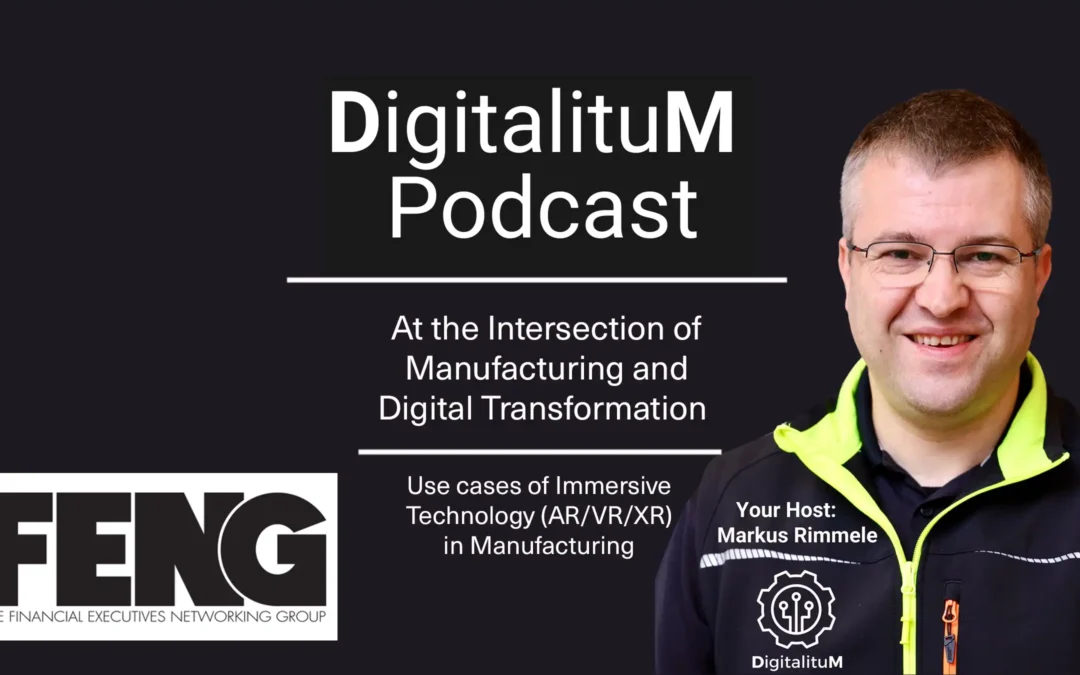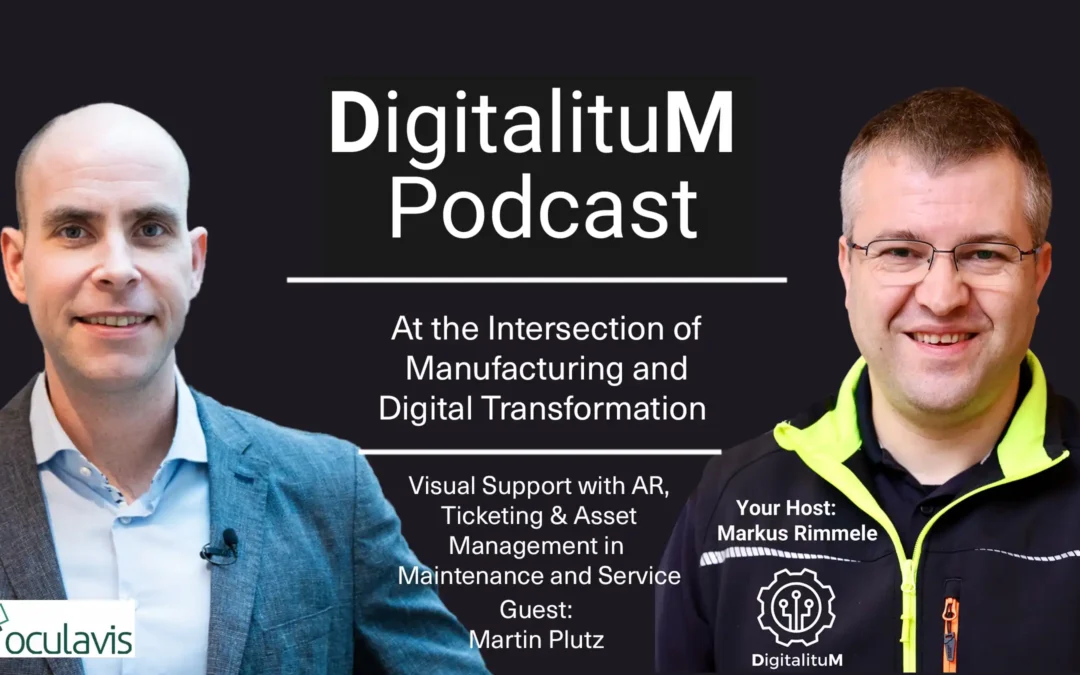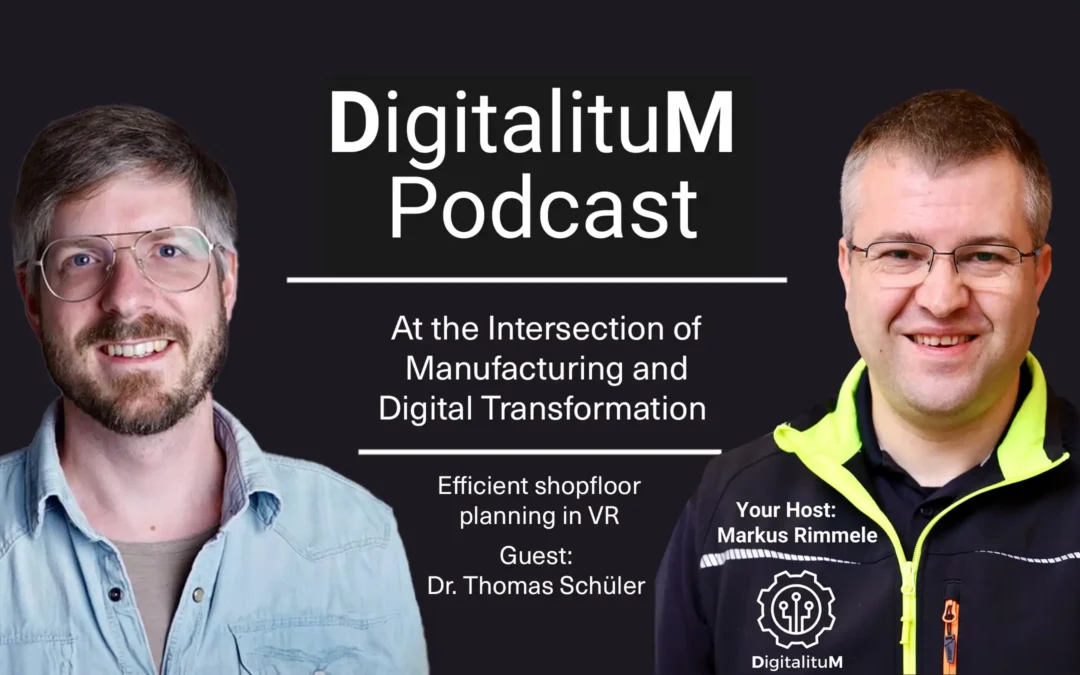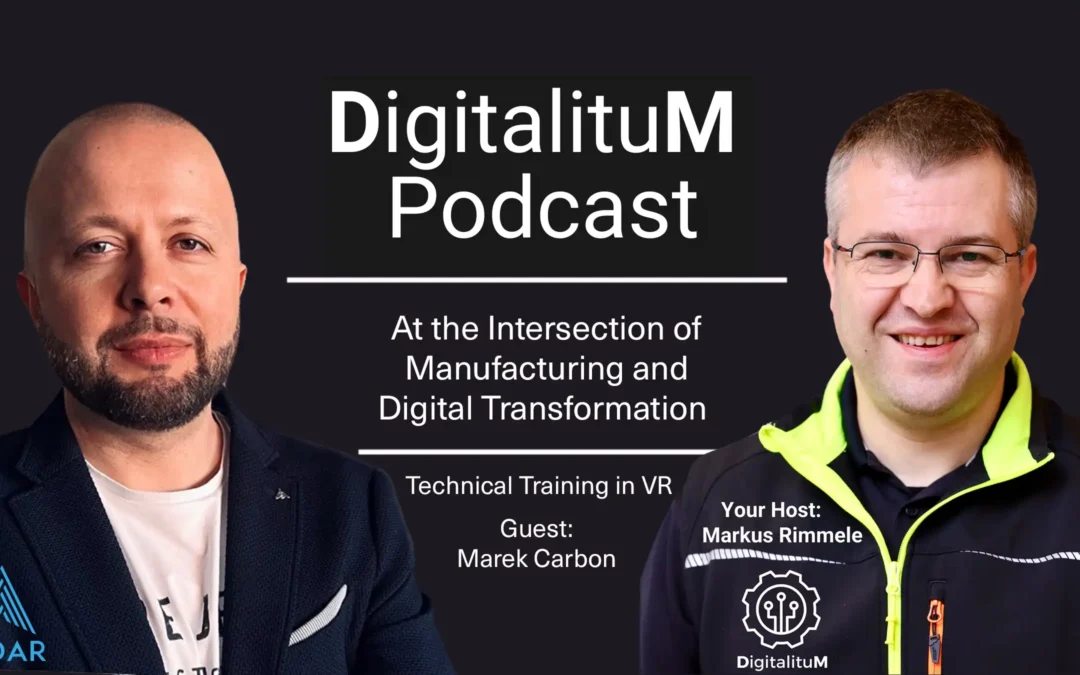Visual Support with AR, Ticketing, and Asset Management in Maintenance and Service – with Martin Plutz from OCULAVIS
In the fifth episode of the DigitalituM Podcast, I had the opportunity to speak with Martin Plutz, Managing Director and Founder of OCULAVIS. Martin shared the inspiring story behind founding his company and explained why OCULAVIS focuses on visual support tools for the manufacturing industry. Our conversation highlighted the numerous features and benefits OCULAVIS offers its clients, including visual support with augmented reality, a ticketing system, asset management, and automatic service reports.
Boosting Efficiency with OCULAVIS in Manufacturing
OCULAVIS is an innovative software tool that revolutionizes service and maintenance processes in the manufacturing industry. With features such as step-by-step instructions, real-time video support, and a ticketing system, OCULAVIS significantly improves process efficiency and accuracy. Martin explained how the tool helps companies tackle the challenge of a skilled labor shortage by centralizing knowledge and supporting field service technicians.
Success Stories and the Importance of OCULAVIS
Martin shared impressive success stories from the industry, including how companies like Trumpf and Liebherr use OCULAVIS to globally support their clients while developing new business models such as “Equipment as a Service.” OCULAVIS has proven particularly valuable for global maintenance of complex machines, like laser systems, helping to reduce costs and improve process efficiency.
Challenges in Adopting New Technologies
Martin also pointed out that adopting new software tools is not always easy. It requires well-planned change management and buy-in from leadership to ensure a smooth transition to new systems. OCULAVIS addresses these challenges by offering a white-label option, allowing companies to customize the tool with their own branding.
The Future of Immersive Technology and OCULAVIS Developments
Another exciting topic was the future of immersive technology in manufacturing. Martin expressed skepticism about the widespread adoption of mixed-reality headsets like Apple Vision Pro due to maintenance and usability issues. Instead, the focus is on leveraging the Internet of Things (IoT) and predictive maintenance to empower operators and increase transparency.
OCULAVIS is constantly evolving, continuously working on new features such as AI integration and chatbots. Martin emphasized that OCULAVIS collaborates closely with universities and research institutions to attract young talent and continue driving innovation.
Key Takeaways from the Episode:
- OCULAVIS provides visual support for the manufacturing industry with features like augmented reality, ticketing, asset management, and automatic service reports.
- The software improves process efficiency, reduces service costs, and enables the development of digital business models in after-sales service.
- OCULAVIS helps address the shortage of skilled workers by centralizing knowledge and supporting field service technicians.
- Successful use cases include companies like Trumpf Laser Machines, which have achieved global success with OCULAVIS.
- The future of immersive technology in manufacturing is uncertain, with mixed-reality headsets facing maintenance and usability challenges.
- The focus is on leveraging IoT and predictive maintenance to empower operators and improve transparency.
The conversation with Martin Plutz provided valuable insights into how OCULAVIS helps companies in the manufacturing industry optimize their service and maintenance processes while developing new digital business models. Be sure to check out the full episode!
